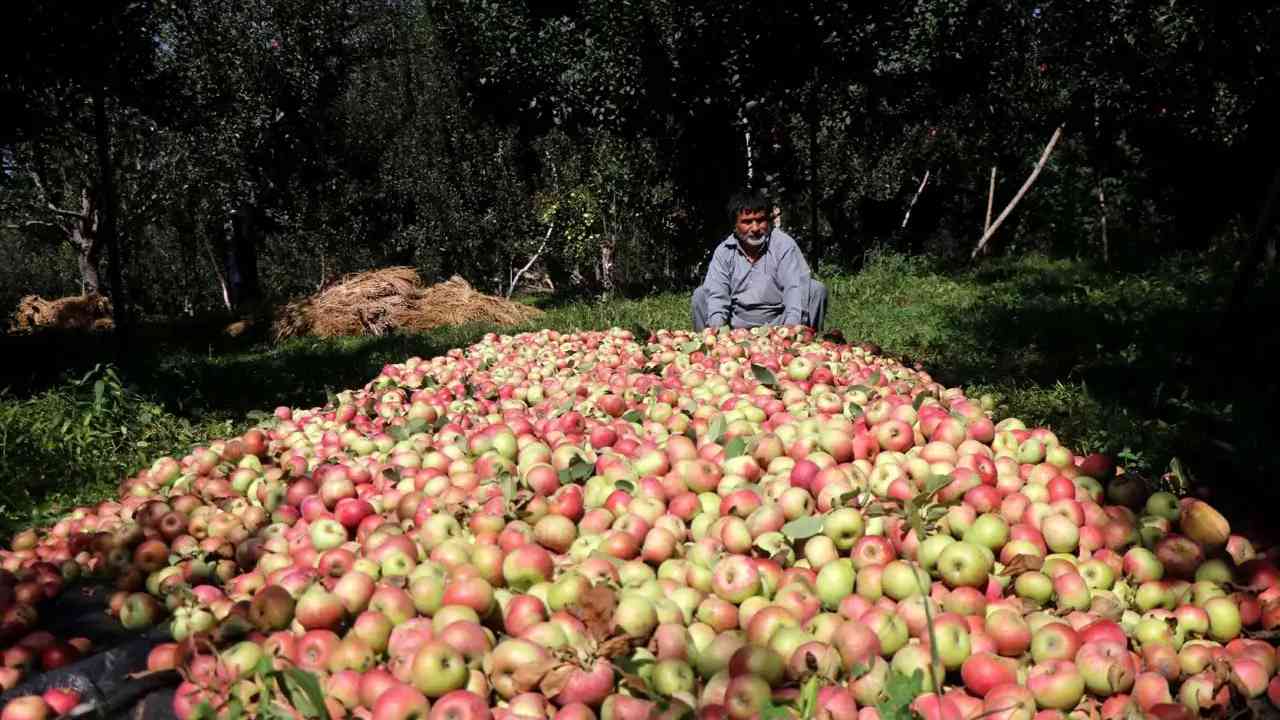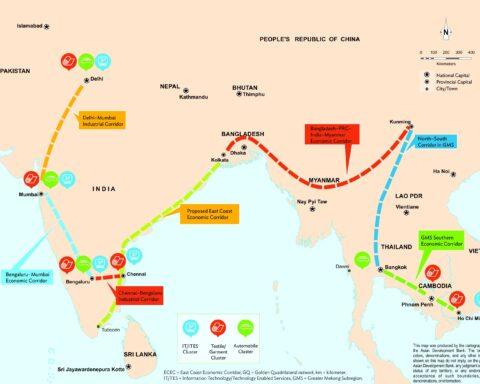In a few months’ time, apple farmers in the Kashmir Valley would be gearing up for another cycle of flowering and fruiting of the cash crop. But, most likely, they will be weighed down by the thought of stacks of unsold crates of last year’s harvest sitting in the cold storages. Another bumper harvest later this year would result in an unprecedented glut that would be a recipe for economic ruin for the fruit cultivators. People in the Valley are wondering if there is a design to destroy more than a century-old Kashmiri apple industry and cripple the agriculture economy of the state in retribution for resisting the abrogation of Article 370 in August 2019.
Kashmir-based apple growers are facing a crisis due to the cheap imported Iranian variety that has flooded the market. Both big and marginal apple growers in the Valley are trying to find appropriate answers to understand the rationale behind the imports at the cost of domestic growers. It’s not only the Kashmiri growers who have been affected, orchardists in other major apple-growing states like Himachal Pradesh and Uttarakhand too have felt the sting of the illegal dumping of cheap imports.
Fayaz Ahmad, 58, a marginal apple grower from the Sopore district, is deeply worried. His harvest from last year is still sitting in the storage facility. In 2020, his crop was affected due to untimely snowfall and the year before that, the unrest and tensions in the aftermath of the abrogation of Article 370 resulted in accumulated losses. He was hoping to recoup a part of the loss last year. But the flood of the Iranian Red Delicious variety in the Indian market meant the demand for products from the Valley and other parts of India nosedived. More than 70% of apple orchardists in the new Union Territory are suffering a similar fate.


























